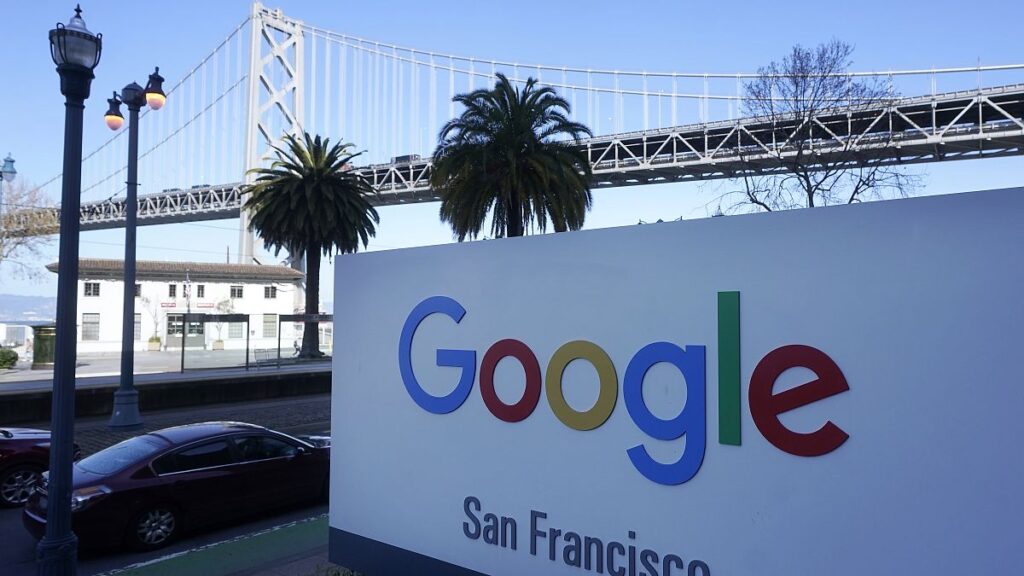The European Commission said it would “not take any longer than necessary” to carry out its investigation.
Ongoing investigations into online tech platforms under the Digital Services Act (DSA) should be concluded within months, not years, the European Commission's San Francisco technology envoy Gerard de Graaf told Euronews.
De Graaf, who will be based in Silicon Valley from 2022, has worked for the European Commission for more than 30 years and is one of the architects of the DSA. He most recently served as director of the European Commission's Digital Department, responsible for platform regulation and the Digital Markets Act (DMA).
The European Commission opened its first formal proceedings against Elon Musk's X in December over possible violations of the DSA in areas related to content moderation, dark patterns and ad transparency. The rules don't impose a deadline for when an investigation must end, but de Graaf said the Commission “will not take longer than necessary.”
“All elements need to be on the table. All of the platforms' investigations relate to several complaints. It's possible that litigation may continue on one or two elements to avoid further unnecessary delays,” he said. Companies can also propose remedial measures to address the issues at stake.
“It may take a few months, but it won't take years. [before it’s wrapped up]” he said, adding that a further appeal to the Court of Justice could not be ruled out.
Companies will have to comply with measures such as transparency and election integrity requirements under the DSA, which have been applied to all online platforms since February 17 and to major platforms since August last year.
The European Commission has so far designated over 20 very large online platforms (VLOPs) and search engines, including Google, TikTok, Amazon, Meta and Shein, all with more than 45 million monthly users in the EU, to be subject to the strictest rules.
Election Guidelines
De Graaf said the EU's presence in Northern California, a global center of high tech and innovation, has made a difference in recent years, citing electoral integrity as an example.
The European Commission not only issued guidelines to help platforms mitigate risks ahead of June's EU vote, but also actively engaged with top management in Silicon Valley.
“We spoke to the parties at the highest level and reminded them to be responsible and to do everything to ensure tainted elections. Perhaps these visits helped, as the initial analysis showed that nothing major had happened,” De Graaf said.
The US also faces elections in November, and a leadership change could jeopardise the future of the Trade and Technology Council (TTC), a forum set up to coordinate US and EU efforts on key global trade and digital issues in 2021. On AI, the two sides have been working towards common principles and aligning on risk assessment frameworks and cooperation between safety agencies.
It is unclear whether they will continue beyond November. “Discussions with the Biden administration have been very constructive and the European plans on AI and DSA have been supported,” de Graaf said. “The EU and the US are the largest trading partners in the world. It is important that the two countries have channels of communication.”
Meanwhile, the number of employees at the EU office on the US West Coast has increased from two in 2022 to six now, with two more due to arrive later this year.
In addition to discussing EU rules with tech platforms, employees are also spending a lot of time talking to politicians in California, an agenda-setter in the U.S. and the first state to adopt data protection regulations similar to Europe's General Data Protection Regulation (GDPR).
“They're an important partner for us and we're investing time in them. They're looking at similar regulations and more recently AI governance. Things are stalled in Washington because of the election but also because it's very polarized,” deGraaf said.

